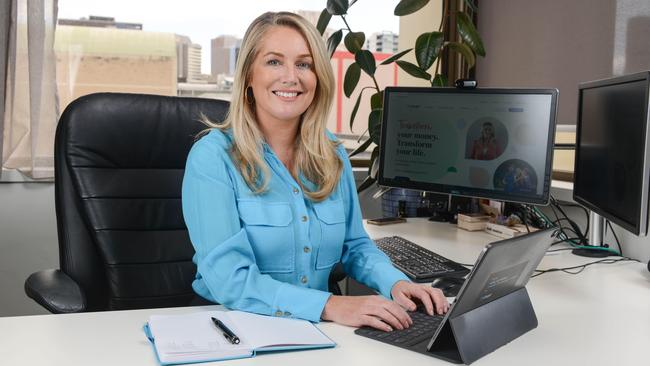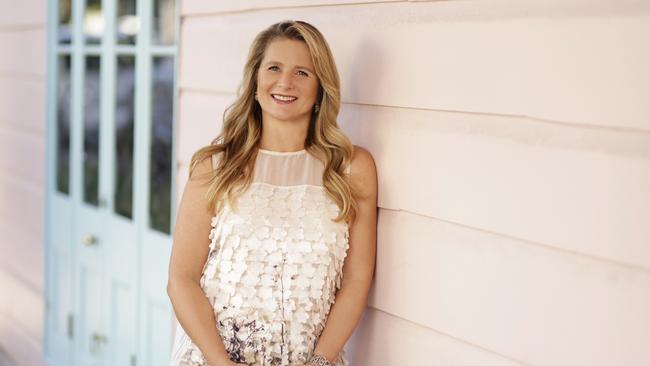Cost-of-living crunch: changing habits crucial for consumers
Australians could previously ignore their big-spending money habits. Not any more, as costs rise sharply – here’s how to change.
National
Don't miss out on the headlines from National. Followed categories will be added to My News.
Soaring interest rates and prices are forcing Australians to axe their expensive money habits.
Households that could previously afford some relaxed excess spending – boosted by cash windfalls during the pandemic – have been crunched by inflation increasing at its fastest rate in decades and staples such as milk, bread and fruit prices surging at least 13 per cent in 2022.
And with a ninth straight Reserve Bank of Australia rate rise likely on February 7 and further increases possible beyond that, the pain is expected to continue for months.
However, bad money habits can be replaced good ones in as little as a few weeks, budgeting and finance specialists say.
MyBudget director Tammy Barton said Covid-linked government support and low interest rates before 2022’s spike might have encouraged spending. She said poor money habits included:
• Living week-to-week and beyond your means.
• Not having emergency savings.
• Impulse spending.
• Lack of a budget.
• Splurging on buy now, pay later schemes or credit cards.
“Australians have been on a rollercoaster ride financially since 2020, ranging from job losses to government grants, and now with the rising cost of living and interest rate rises,” Ms Barton said.

“So, it’s not hard to imagine that many thought the honeymoon period would have lasted a little longer.
“The effects of the pandemic on individual financial habits vary – we can’t generalise the behaviour of all Australians. Although, as living costs surge, it is now more important than ever for individuals to review their spending and saving habits, make adjustments as needed and ensure every dollar is accounted for.”
Ms Barton said people could develop good money habits such as budgeting, building an emergency fund containing three months of expenses, automating bill payments and savings, and reducing their highest-interest debt first.
“Building good financial habits can take as little as a few weeks with the right structure and support,” she said.
Financial adviser and author Helen Baker said the more money people had, the more they spent.
“While some people would have used the excess disposable income (during the pandemic) to pay off the home loan, others renovated, invested, or bought a home, and many spent online,” she said.
“We also have got used to having extra cash – reduced interest rates mean less repayments and more disposable income.
“Now that interest rates and the cost of living is rising, we have less available cash and it is mentally challenging and habitually challenging to adjust.”
Ms Baker said some Australians were spending on “revenge travel” and restaurant meals and had a “live for the now” mentality following Covid.
She said good money habits included not spending more than you earned, borrowing less than you could afford to pay, and putting money away to cover bills.
“Total your bills for the year and if you are paid monthly, divide by 12, and put that away each month so that when the bill comes in your money is already set aside.”
Ms Baker said people could change money habits but “you have to want to do it”.
“Focus on short term goals – take some action,” she said.
“Action will build on action if you can see results. Seeing results will help keep you motivated and you will benefit from them.”

TIPS TO BUILD BETTER MONEY HABITS
• Create a budget so you can plan your expenses and start saving.
• Set financial goals – decide what you want to achieve in the short and long term and put a realistic plan in place to achieve them.
• Be mindful and consider what you are spending your money on.
• Revisit your expenses and ask yourself whether some discretionary payments are necessary.
• Seek advice to help provide a clearer understanding of how to manage money.
Source: MyBudget
Originally published as Cost-of-living crunch: changing habits crucial for consumers




